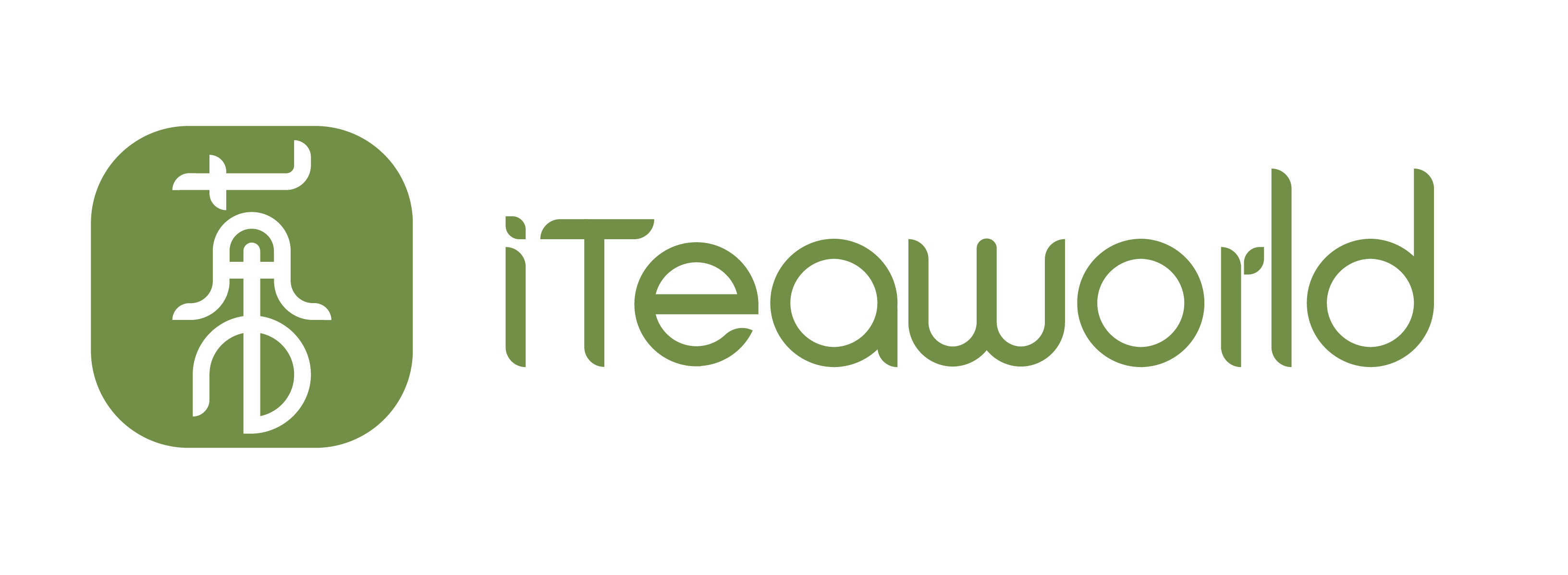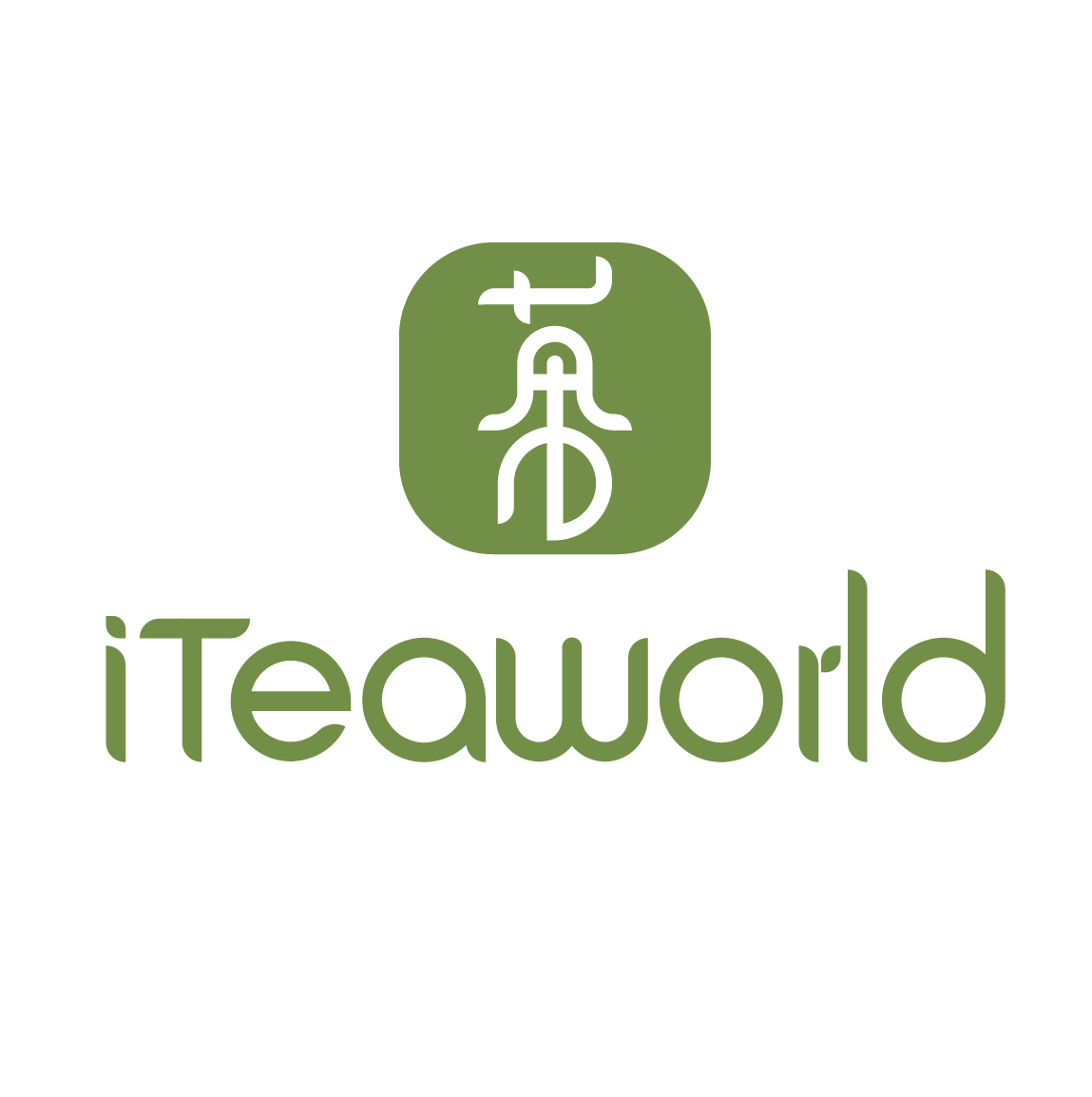
Oolong Roast Comparison Set--Charcoal vs Electric 80g Pre-sale
$34.99
Unit price perThis product is a pre-sale item and is expected to ship in August.
Please take note before placing your order.
A Journey of Fire and Technology
"For centuries, Chinese oolong tea masters have debated: the slow dance of charcoal fire or the precision of electric heat? This kit invites you to explore two roasting philosophies through Phoenix Dancong and Wuyi Rock Tea – one shaped by ancestral wisdom, the other refined by technology."
Product Contains:
Charcoal-Roasted Wuyi Rougui* 20 g
Electric-Roasted Wuyi Rougui* 20 g
Charcoal-Roasted Mi Lan Xiang Dancong* 20 g
Electric-Roasted Mi Lan Xiang Dancong* 20 g
Product Information (Wuyi Rougui)
Type: Semi-Rock (Ban Yan)
Origin: Jingshui Village, Xingcun Town, Wuyishan City, Fujian Province, China
Altitude: 400m
Producer: Chen Hui
Processing Timeline: Maocha: April 2024; Initial Roasting: August 2024; Final Roasting: November 2024
Product Information (Mi Lan Xiang Dancong)
Origin: Fengxi Village, Fenghuang Town, Chaozhou City, Guangdong Province, China
Altitude: 600–800m
Tree Age: ~30 years
Producer: Lin Zhiqiang
Processing Timeline: Maocha: April 2024; Initial Roasting: August 2024; Final Roasting: November 2024
Charcoal Roasting: The Art of Traditional Oolong
Charcoal roasting is the soul of traditional oolong tea. Using slow, low heat from wood like longan or lychee, it transforms the leaves, creating a rich flavor profile with caramel sweetness, mineral notes, and a smoky depth.
This method is perfect for Wuyi Rock Tea and Phoenix Dancong, turning grassy flavors into smooth, complex profiles and bringing out caramel and fruit-like sweetness.
Compared to modern electric roasting, charcoal roasting offers:
Better texture — glossy dark brown leaves vs. greenish-brown
Richer aromas — smoky and natural tea fragrances vs. a single roasted flavor
More infusions — over 8 brews vs. 5
Longer shelf life — improves over 5+ years vs. needing to be consumed within the year
Despite challenges like higher carbon emissions, charcoal roasting is essential for high-end oolong, much like oak barrels for fine wine. It elevates tea from "fresh leaves" to a living, evolving art.
Electric Roasting: The Modern Approach to Oolong Tea
Electric roasting is a key technique in modern oolong tea production, offering significant advantages in efficiency and consistency. Using electric heating elements, the temperature is precisely controlled between 70-130°C, with roasting time typically ranging from 2-5 hours. This process improves production speed compared to traditional charcoal roasting.
One of the standout features of electric roasting is its digital temperature control, maintaining a stable temperature within ±5°C. This eliminates the uneven heat fluctuations common in charcoal roasting, making it ideal for light-fermented oolongs that preserve fresh floral and fruity aromas.
In terms of flavor, electric-roasted teas shine with vibrant floral notes and a refreshing taste. The tea is clear and bright in color. While it lacks the rich depth of charcoal-roasted teas, it meets the demand for light, refreshing tea that modern consumers crave.
How to Brew?
Teaware: Yixing teapot (preferably zhuni clay) or thick-walled gaiwan
Water Quality: Spring water or soft water (hardness < 50 mg/L)
Tea-to-Water Ratio: 5g tea / 100ml water
Water Temperature: 100°C (boiling)
Rinse: Quick rinse with boiling water (under 5 seconds); discard the first infusion
Steeping Times:
Infusions 1–3: 15 seconds each
Infusions 4–10: Mi Lan Xiang: increase by 5 seconds per infusion
Wuyi Rougui: increase by 5–10 seconds per infusion
Pay with
Your transaction is protected with advanced security measures to keep your information confidential
$34.99
Unit price per


